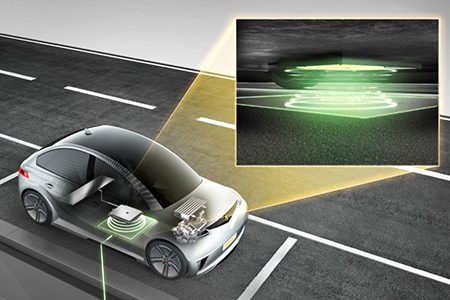With the gradual promotion and industrialization of electric vehicles and the growing development of electric vehicle technology, the technical requirements of electric vehicles for charging stations have shown a consistent trend, requiring charging stations to be as close as possible to the following targets:
charging fast

Compared with nickel-hydrogen and lithium-ion power batteries with good development prospects, traditional lead-acid batteries have the advantages of mature technology, low cost, large battery capacity, good load output characteristics and no memory effect. The problem of low energy and short driving range on one charge. Therefore, in the current situation that the power battery can not directly provide more driving mileage, if the battery charging can be accelerated, in a certain sense, the fatal weakness of the electric vehicle driving range is short.
charging generalization
In the market background where multiple types of batteries and multiple voltage levels coexist, the charging device used in public places must have the ability to adapt to various types of battery systems and adapt to various voltage levels, that is, the charging system needs to have a wide range of charging, The charging control algorithm of various types of batteries can match the charging characteristics of different battery systems on various types of electric vehicles, and can charge different batteries. Therefore, in the early stage of the commercialization of electric vehicles, relevant policy measures should be formulated to regulate the charging interface, charging specifications and interface protocols of charging devices and electric vehicles in public places.
charging intelligent
One of the most critical issues that constrain the development and popularity of electric vehicles is the performance and application level of energy storage batteries. The goal of optimizing the intelligent battery charging method is to realize the charging of the non-destructive battery, monitor the discharge state of the battery, and avoid the over-discharge phenomenon, thereby achieving the purpose of prolonging the service life of the battery and saving energy. The development of charging intelligent application technology is mainly reflected in the following aspects:
● Optimized, intelligent charging technology and chargers, charging stations;
● Calculation, guidance and intelligent management of battery power;
●Automatic diagnosis and maintenance technology for battery failure.
high efficiency of power conversion
The energy consumption of electric vehicles is closely related to their operating energy costs. Reducing the operating energy consumption of electric vehicles and improving their economy is one of the key factors driving the industrialization of electric vehicles. For the charging station, in consideration of power conversion efficiency and construction cost, a charging device having many advantages such as high power conversion efficiency and low construction cost should be preferred.
charging integration
In line with the requirements of miniaturization and multi-functionality of subsystems, as well as the improvement of battery reliability and stability requirements, the charging system will be integrated with the electric vehicle energy management system as a whole, integrated transmission transistor, current detection and reverse discharge protection. The function enables a smaller, more integrated charging solution without external components, saving space for the rest of the electric vehicle, greatly reducing system cost, optimizing charging and extending battery life.